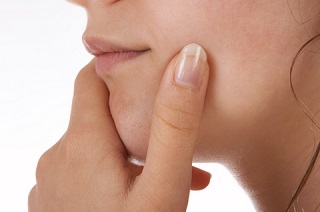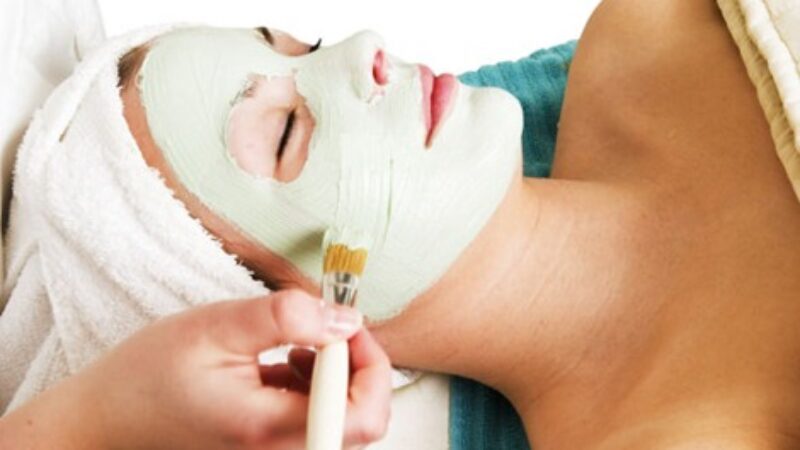Every day, we get calls regarding sun protection and skin care. We love the opportunity to talk to our customers about our favorite products and hearing about their experiences as well. Here are a few questions (and answers!) that come up often:
1. How close to my eyes can I apply sunscreen?
Labels on sunscreen products all caution against contact with the eyes and eye area, and if you’ve ever accidently gotten any sunscreen in your eyes after jumping into the swimming pool, that harsh sting is reason enough to stay away from the eye contour area. However, just like the rest of your face and body, the area around your eyes is exposed to the damaging rays of the sun and need protection. The best way to protect the eyes, eyelids and surrounding area is to wear sunglasses that block 99% of both UVA and UVB rays.
Alternatively, look for an eye cream, makeup, or concealer gentle enough for the delicate eye contour area AND which contains a good, broad spectrum sunscreen ingredient. You can’t go wrong with one like Reversa Anti-Wrinkle Eye Cream.
2. I have been using a prescription retinoid (retinoic acid, tazarotene). What level of Green Cream would be comparable?
The manufacturer has never directly compared Green Cream to a prescription retinoid so it is difficult for us to recommend an exact concentrations. However, if you’ve been using a prescription strength retinoid product and tolerate it well, you are likely fine to switch over to Green Cream Level 9. Level 9 has been designed for experienced users and contains a potent concentration of active retinol. Like any new product being added to your skin care regime, it’s important to perform a skin patch test first.
If you’ve heard about the wonders of retinoids and want to try them but have been worried about possible skin irritation, you’ll be glad to know that Apothekari’s A is for Anti-Aging contains retinaldehyde, the gentlest form of Vitamin A. It is effective and ideal for all skin types.
3. Can I use a skin lightener and retinol at the same time?
A successful skin lightening routine often involves a combination of products and ingredients to deliver maximum results. Most skin lighteners work by disrupting the production of melanin while a retinoid reverses damage, increases skin cell turnover (newer skins are produced faster) and helps cells act like young, undamaged ones. Because both skin lighteners and retinoids are high potency and powerful treatments, alternating the use of each (skin lightener one night, retinoid the next night) can reduce the potential for irritation.
4. My family and I are going to the Galapagos and we were asked to use biodegradable sunscreen. What is that?
Biodegradable sunscreen tends to mean physical sunscreens that contain only zinc oxide and/or titanium dioxide as the active ingredients. Some aquatic nature parks and visitors to delicate coral reefs are asked to used only biodegradable sunscreen in an effort to minimize harm to the environment. Both Cliniderm Gentle Protective Lotion SPF 45 and Keys Solar Rx are considered chemical-free, physical sunscreens. One thing to keep in mind is that neither are water resistant and may not be suitable for use while swimming.
Have you got a question for us? We’d be happy to hear from you!




